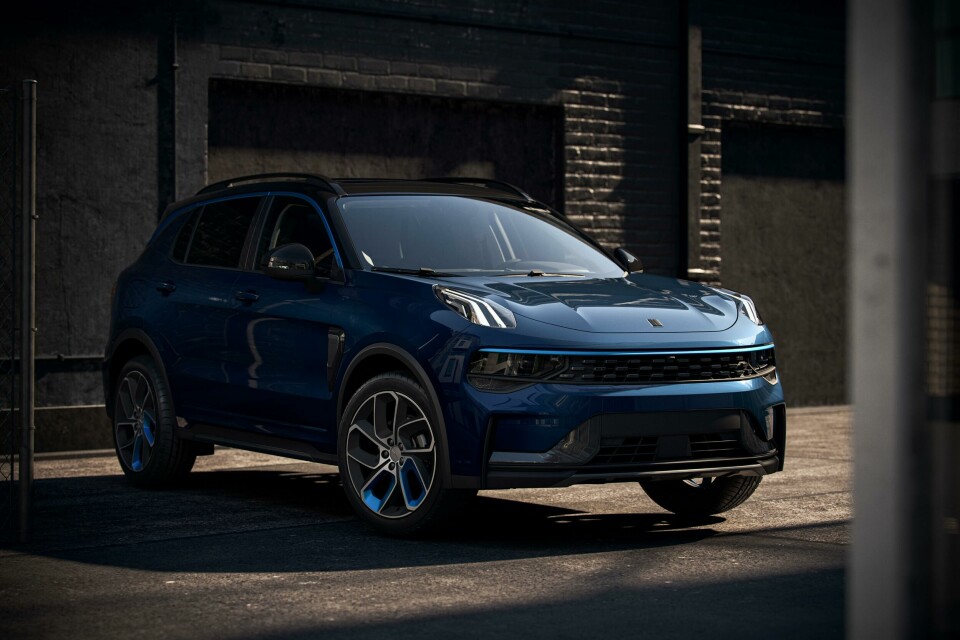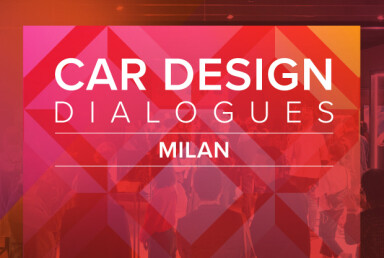
Lynk & Co launches in Europe
Chinese OEM Lynk & Co brings its sharp-looking 01 SUV and car membership programme to Europe.
“When the car was designed it was not yet clear that we would have a membership-type business model. What the guys did, the engineers and the designers, is just develop a cool looking car,” says Alain Vissier, chief executive of Lynk & Co. It is a disarmingly frank answer to the question of how to design a car that needs to appeal to a new audience, yet to be defined beyond market research. And as Lynk & Co launches its 01 model in mainland Europe, it speaks volumes about Vissier’s confidence in his product and its accompanying subscription-based model of car use.
We have seen the 01 model before – it hit the Chinese market back in 2017 – and the Europe iteration is the same deal. Essentially, it is a sharp-looking medium-sized SUV with a distinctive mouth-like grill sitting comfortably below a pair of headlights, pinched and stretched to blend into the curving bonnet. The backend is chunkier and defined by a brace of rear light clusters. Inside is a pleasing, but not overwhelming array of tech: large touchscreen, sat nav and a ‘social media camera’ (in case you were in any doubt whether the 01 was aimed at the Instagram generation).
Indeed, from the impressively slick promo material surrounding the 01’s launch – tracking shots and montages of cool, diverse urbanites – the 01 is playing to the Uber generation whose ideas of car ownership are more fluid than years past.
So how does it work? Customers will be invited to join a membership scheme whereby you pay a monthly subscription for sole use of the vehicle, which can be reduced if you choose to share your 01 with other users. The messy business of looking after a car: servicing, maintenance, fixing it when things go wrong is handled by Lynk & Co. As Vissier points out, this places the onus on Lynk to design and build a solid car – any faults eat directly into its profit margin.
However, the OEM has since tweaked its offering – Lynk & Co customers can now own the vehicle. But how does the company square ideas of ownership with its ambitions to bring the oft-talked about ‘sharing economy’ to the car market? “If customers really want to buy it, why would we say no. It seems wrong,” says Vissier. But there are more pragmatic reasons, too. “We believe that it will take time until people go fully into membership so this will buy us some time. It’s a safety cushion.”
Nevertheless, the 01 feels like another step towards the car-sharing model. Vissier points to a binary future of automation and high-end weekender cars. “In 20 to 30 years, I think the percentage of pure car ownership is going to be very limited, perhaps only in rural areas. There will be two types of mobility: driverless cars, and what I call toys for the boys – Ferraris, Lamborghinis, which maybe will have V8 engines. That market will blossom.” Currently, the 01 will be available in The Netherlands autumn and Sweden by year’s end.













